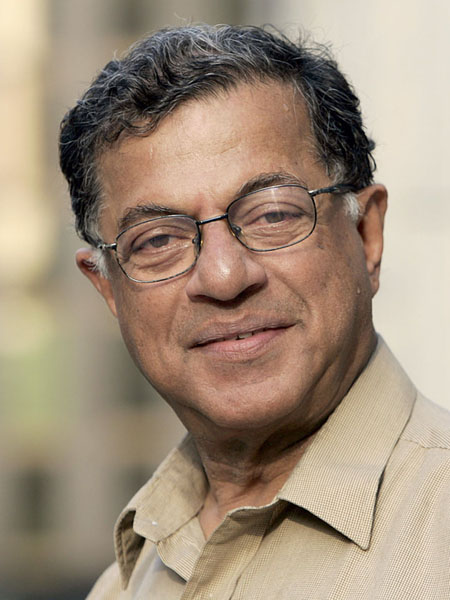Bangalore: It was sometime in 1963 that publisher and playwright JB Joshi of Manohara Granthamala wrote to a young Girish Karnad seeking another play from him. Karnad, only 25 then, had already written Yayati, which JB had published. In his collection of autobiographical accounts – Aadaadtha Aayushya (Memoirs in Kannada ), 2011, Karnad records : “Everything I had read and digested, from among the puranas, myths and mythologicals, Greek drama and French playwrights, I had poured into Yayati. I was feeling utterly empty.”
But he was restless. He was painfully conscious of the suffocating “four walls” constructed by Henrik Ibsen that had, essentially, informed Yayati. He did not share the inspiration of “domestic squalor” with England’s Angry Young Men of the 1960 s. Hewantedtosethis nextworkin the great outdoors, something he imagined could not come easily to the authors of Europe trapped indoors by the weather.
Beyond European inspiration and the Existentialist imagination of Albert Camus’ Caligula, Karnad recalls that it was Sriranga (Adya Rangacharya ) who had set him thinking with a lament, in his critical work Nadedu Banda Daari, that Kannada drama did not boast of a single work of merit that drew from history to construct a play of contemporary artistic relevance. Karnad, now politically alert with his stint as president of the Oxford Union, sat in the library and started from Mohenjo-daro and went down, until he reached 14th century Tughlaqabad. He found this fascinating mad man. The rest, truly, is history.
It’s now time to ask, 50 years since Tughlaq was written, “What is its political relevance today ?” It already reads like a classic. It was urgent when it was first written and staged. It could be, because India was still in the first generation of newly won Independence, with a set of leaders dominate dby the large and tragic figure of Prime Minister Pandit Nehru. The plot–with a passionate young visionary, driven by dreams and idealism, caught between the secular state and religious communalism, torn between rational choice and the supposed will of the Almighty, and marked by bloody history and desolation – worked.
Now, the political figure of high purpose and compelling idealism does not exist in India. Not anymore. The only figure who comes close to moving the public imagination with any degree of passion – in fear or favour – could be Narendra Modi. But that would be a very perverse reading of Karnad’s Tughlaq. It is more important to ask whether Tughlaq could be written today. It seems unlikely. But what seems more than likely is that it would have been banned. That makes it relevant. There, then, is another story.

